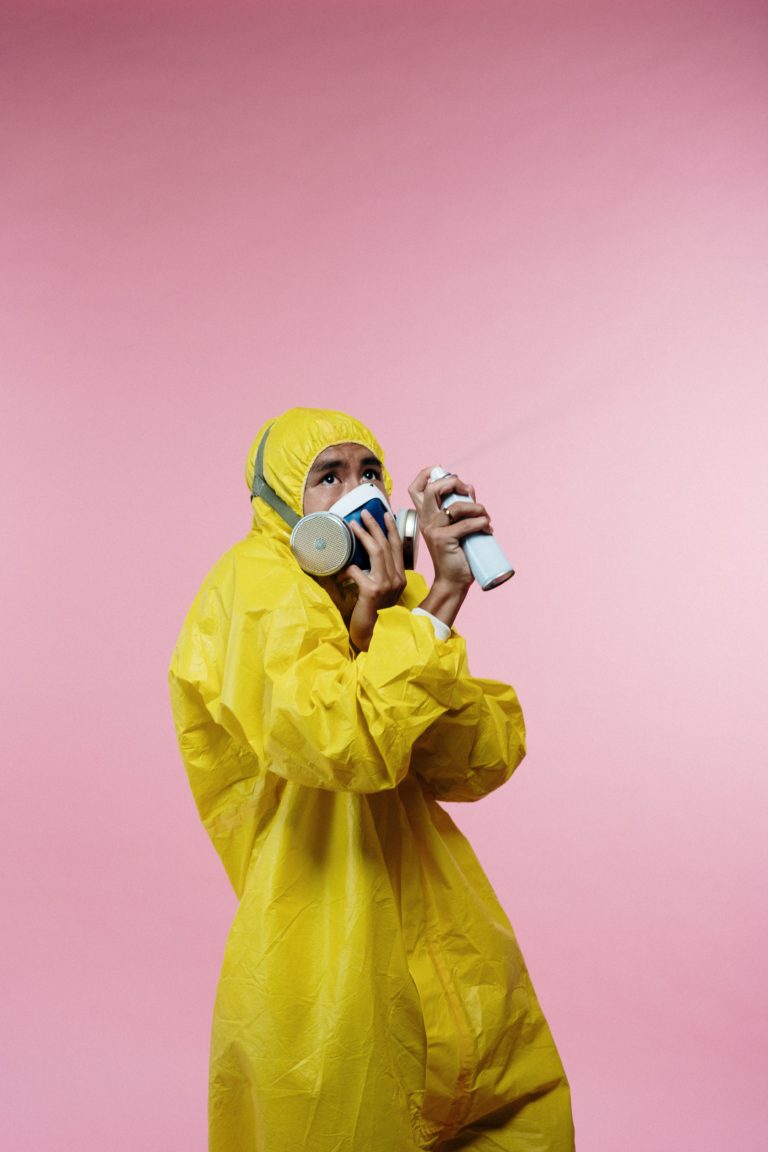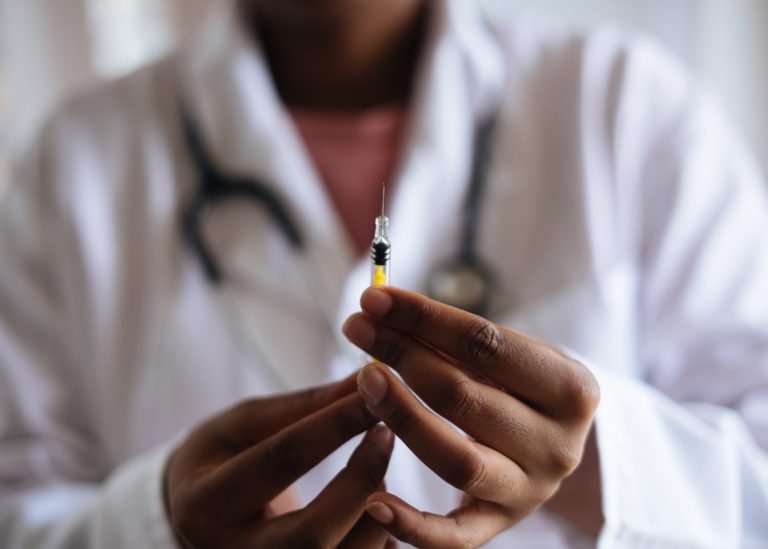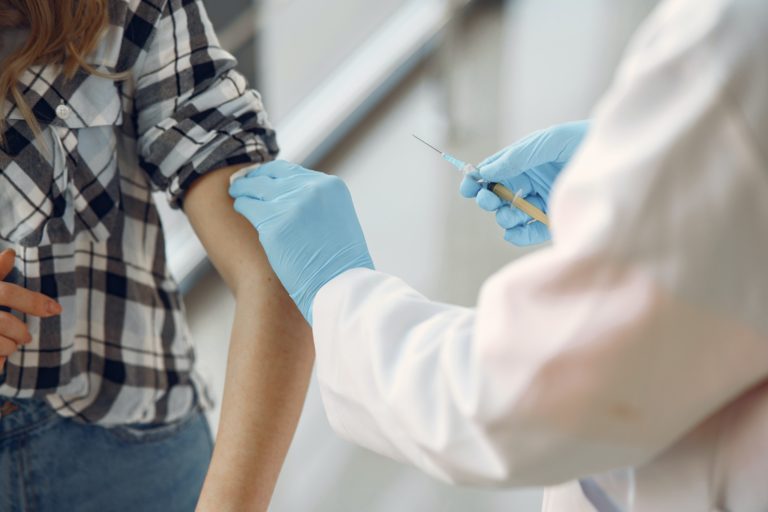
Underlying Conditions Most Dangerous for COVID-19?
AARP’s recent article “Three Most Dangerous Underlying Conditions for COVID-19” reports that it is well-established that risk increases with age. The CDC lists nearly two dozen health conditions that could put you at higher risk of becoming seriously ill or dying of COVID-19. AARP did some research with doctors, who said three conditions worried them the most: diabetes, high blood pressure/underlying heart disease and obesity.
This corresponds with the results of one of the largest studies so far on COVID-19 mortality, published in the journal Clinical Infectious Diseases in December 2020. It looked at data from nearly 67,000 hospitalized coronavirus patients and found that these health conditions are associated with a higher risk of death:
- Obesity,
- Diabetes (with complications such as organ damage), and
- High blood pressure (with complications, such as heart damage or kidney disease).
Each is an inflammatory disease that is prevalent among American adults, and experts say they are closely linked.
Obesity is a risk factor for diabetes and high blood pressure, and diabetes can contribute to high blood pressure. Moreover, diabetes and high blood pressure both can trigger kidney disease and lung disease—two other conditions that make COVID-19 riskier, says the CDC.
Some of the other dangerous conditions mentioned by the physicians include dementia, chronic kidney disease and chronic obstructive pulmonary disease (COPD). Immunocompromised patients, those who smoke and those with organ transplants also are a concern.
Lets’ look at those three health conditions that are associated with a higher risk of death:
High-risk condition: Obesity. Obese people diagnosed with COVID-19 are more than twice as likely to be hospitalized and about 50% more apt to die compared to patients who are a healthy weight. If you test positive for the coronavirus, ask your doctor if you are a good candidate for monoclonal antibodies. It is a life-saving treatment that can reduce hospitalizations among high-risk patients by as much as 70%.
Obesity is frequently associated with other health problems, but doctors note how hard COVID-19 impacts even those obese patients who have no other underlying conditions.
Obesity can make it difficult for a person’s lungs to expand, impairing breathing and oxygenation. Obesity is also believed to increase your risk of blood clots.
High-risk condition: High blood pressure. Researchers reviewed 22 studies from eight countries in 2020 and found that high blood pressure was present in 42% of hospitalized COVID-19 patients. That makes it the most prevalent health condition by a big margin. Even more surprising is the fact that those patients had twice the risk of death compared with patients without high blood pressure, said Vikramaditya Samala Venkata, M.D., one of the study’s authors and a hospital medicine physician at Cheshire Medical Center in Keene, N.H.
However, the Clinical Infectious Diseases study on COVID-19 mortality found that hypertension on its own raised the death rate only for those under age 40. For those age 40+, mortality risk increased only if their high blood pressure had caused a complication, such as heart damage or chronic kidney disease.
Experts think that the coronavirus damages the cells that line blood vessels, causing clots and making it more difficult for them to carry oxygen. Therefore, it is important to keep your blood pressure under control. Studies show that patients with unregulated high blood pressure are at greater risk from COVID-19 compared with patients who take medication to control it.
High-risk condition: Diabetes. Research of the medical records of 61 million people in England published in The Lancet Diabetes & Endocrinology found that the risk of dying from COVID-19 was almost three times higher for people with Type 1 diabetes and almost twice as high for people with Type 2 diabetes, compared with those with neither. High blood sugar weakens the immune systems, which makes it harder for the body to fight off infections. Diabetes puts you at risk for both cardiovascular complications and infectious complications. Both of those are common with COVID.
So, watch your blood sugar levels because patients with well-controlled diabetes have a COVID-19 death rate of about 1%, according to a study published in Cell Metabolism. What about those with poorly controlled disease? Their rate is closer to 11%.
Reference: AARP (Feb. 3, 2021) “Three Most Dangerous Underlying Conditions for COVID-19”




